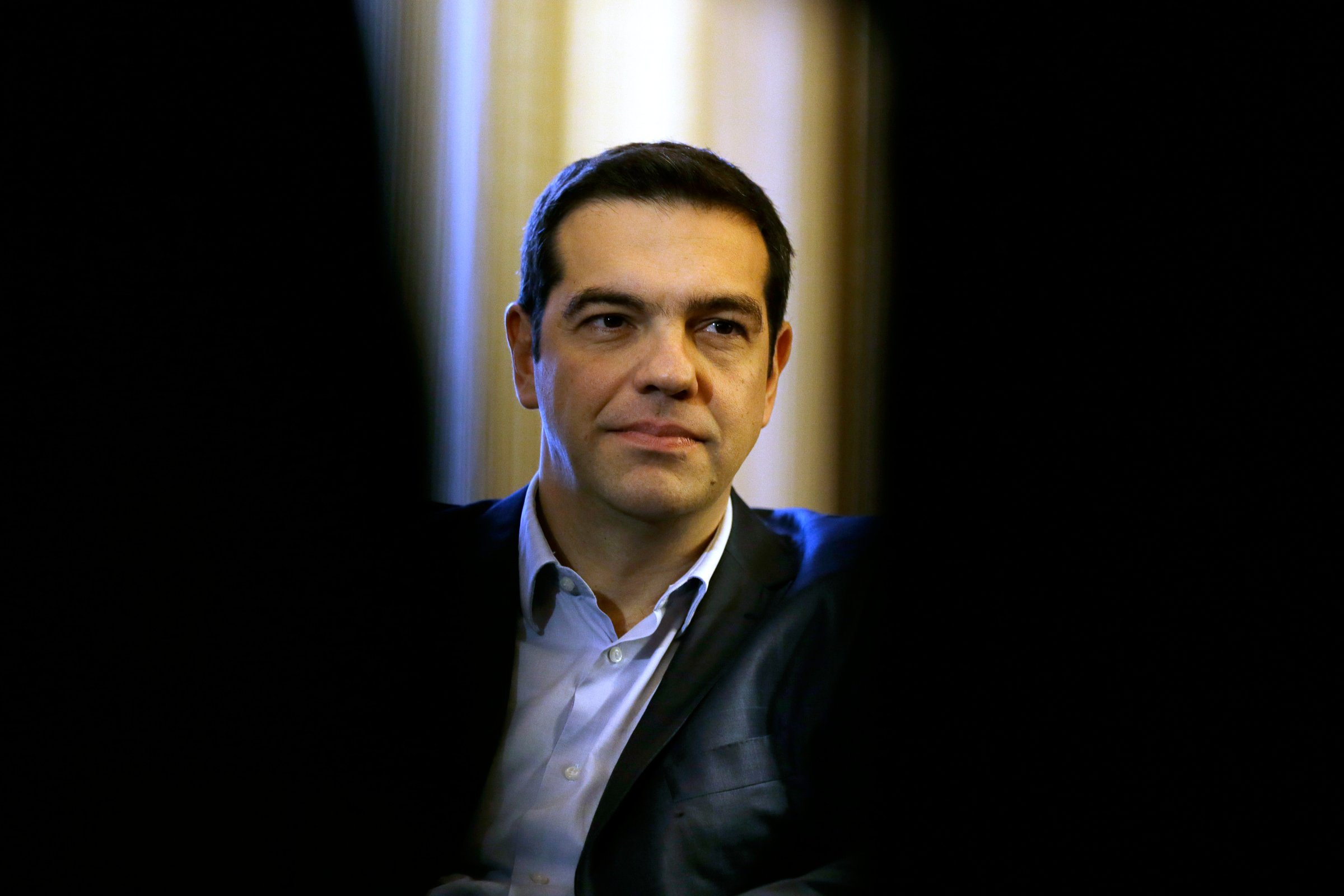
Greece caved in to pressure from the rest of the Eurozone Thursday and asked for an extension of its bailout program.
But euphoria in financial markets lasted less than two hours before the German finance ministry said the request wasn’t “substantial” and didn’t offer enough guarantees that it would continue to implement reforms.
Berlin’s rejection came barely an hour after Dutch finance minister Jeroen Dijsselbloem had confirmed that the Eurogroup’ (comprising the Eurozone’s 19 finance ministers) would meet again Friday in Brussels to discuss the request.
The statement was unusual in that, while Germany has traditionally led the group of creditors driving a hard line at bailout negotiations for six countries over the last five years, it has rarely done anything to pre-empt discussions so thoroughly.
A deal on Friday would buy time for the new Greek government to validate its promise of cracking down on corruption and collecting more taxes, particularly from the business elite that has successfully avoided them in the past. Greece’s government hopes it could then agree a new and less onerous deal with the creditors that would allow it to recover faster.
Greece’s €240 billion program is due to expire at the end of the month, after which it will lose access to over €10 billion ($11.5 billion) of aid. On Monday, the Eurogroup had given Greece an ultimatum on extending the deal, telling finance minister Yanis Varoufakis to either take it or leave it.
A text of the request published by Reuters Thursday indicated that the government pledged to abide by all its previous commitments and recognize the bailout as legally binding. However, the wording of its first point implied that Greece wants to haggle over implementing reforms demanded by the original bailout agreement–an impression reinforced this week as Prime Minister Alexis Tsipras promised to introduce new laws rolling back some of the agreement’s key provisions.
A spokesman for Germany’s finance ministry dismissed it as “not a substantial proposal for a solution. In reality, it aims for a bridging loan without fulfilling the demands of the program.”
Even so, the request is still a major climbdown for the new government, led by Tsipras’ radical left-wing Syriza party, which swept to power on a pledge to overthrow the bailout agreement in January and subsequently declared it “dead”. It pledges to honor all of Greece’s debts and, just as importantly, to continue accepting monitoring visits from the three institutions that have overseen Athens’ implementation of the bailout to date, the hated “troika” of European Central Bank, the International Monetary Fund and the European Commission.
The request comes less than a day after the ECB subtly, but nonetheless significantly, increased the pressure on Greece by voting only a minimal increase in the amount of cash that Greek banks can access from it.
Greeks have reportedly been pulling deposits out of the banking system in increasing numbers recently, scared at the prospect of their country being forced out of the Eurozone. The increase of only €3.3 billion in the ceiling on Emergency Lending Assistence might have left banks unable to honor requests for withdrawals. The banks are already effectively barred from the ECB’s regular lending operations because the ECB no longer considers Greek government debt as good enough collateral.
The German newspaper Frankfurter Allgemeine Zeitung had reported earlier Thursday that the ECB would rather impose capital controls on Greece than allow its banking system to continue being drained of resources. However, the ECB later denied this, saying that: “There was no discussion on capital controls in the Governing Council and any reporting on this is incorrect.”
This story updates an earlier version published before the German government issued its statement.
This article originally appeared on Fortune.com.
More Must-Reads From TIME
- The 100 Most Influential People of 2024
- Coco Gauff Is Playing for Herself Now
- Scenes From Pro-Palestinian Encampments Across U.S. Universities
- 6 Compliments That Land Every Time
- If You're Dating Right Now , You're Brave: Column
- The AI That Could Heal a Divided Internet
- Fallout Is a Brilliant Model for the Future of Video Game Adaptations
- Want Weekly Recs on What to Watch, Read, and More? Sign Up for Worth Your Time
Contact us at letters@time.com